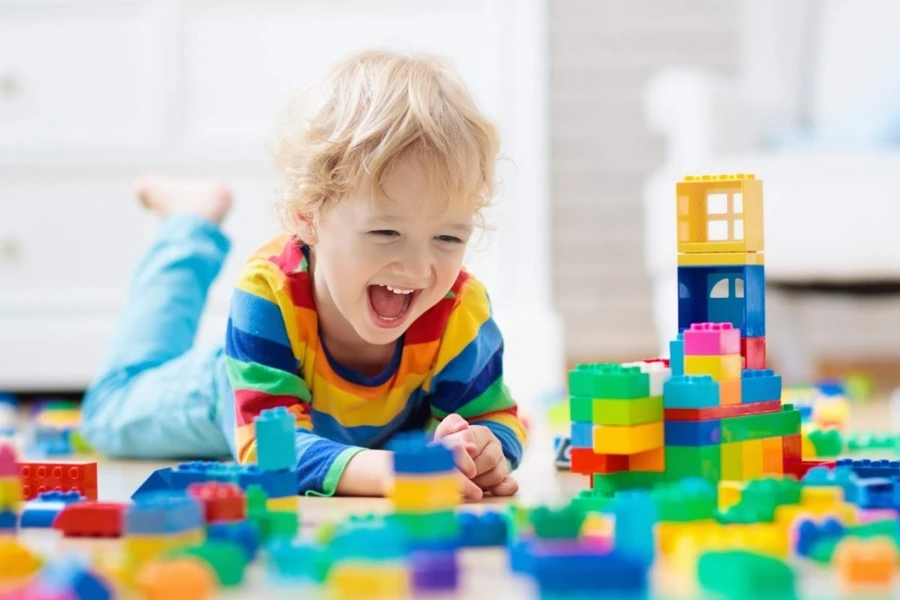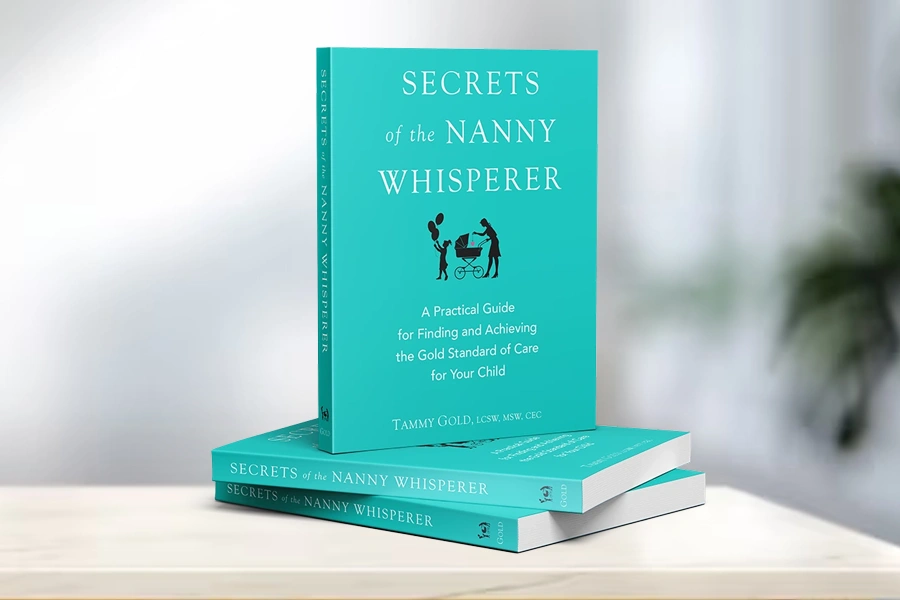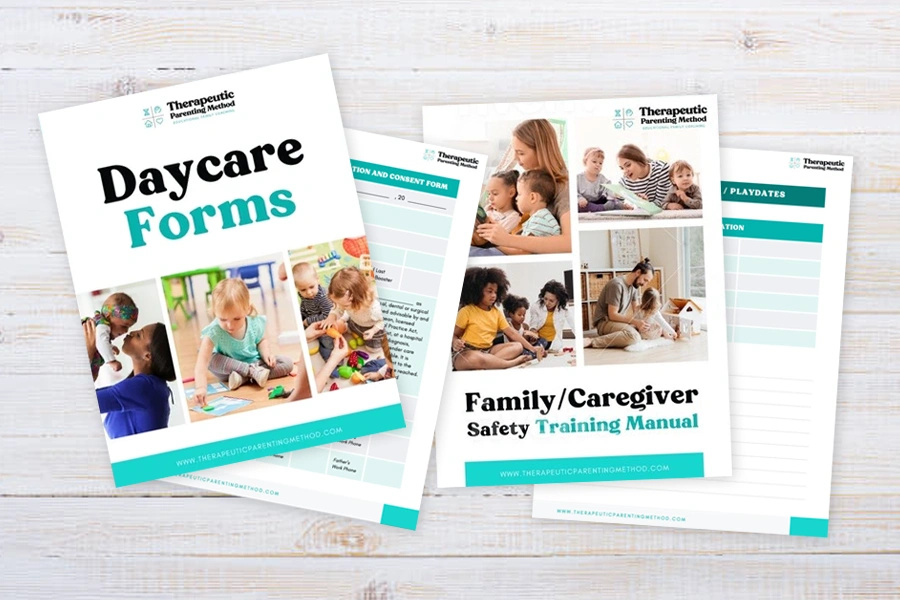As parents, and as caretakers, we’re constantly questioning ourselves about our children:
Is my child getting enough sleep?
Are they eating enough nutritious foods?
Are they hitting proper milestones?
But have you ever stopped and asked yourself, “Is my child playing enough?”
Life gets busy, and in this day and age, it’s easier to hand your child a tablet and let them “play” and although it can be beneficial, it can also be detrimental to your children.
Over the years, I’ve learned that as time passes, playing becomes less of a focus for many parents and educators. And our children suffer from it.
In this guide, I’m discussing how important play is to children, how children learn through play, and what you can do to encourage it.
How Do Children Learn Through Play?
When children climb at the playground or stack blocks with their playmates, they are immersed in a valuable learning experience. The role of play in learning is vital to children as they grow.
Playing is a powerful educational tool for children and helps advance their social, emotional, and cognitive growth.
Through play, children learn about themselves and their environment, but how do children learn through play?
Educational Benefits of Play
A parent can see early learning through play when a baby grasps a rattle and experimentally shakes it.
Young children learn through all five senses: touching, tasting, hearing, seeing, and smelling.
These interactions can have profound benefits starting in infancy and continuing through young adulthood. As the American Academy of Pediatrics explains,
“Play allows children to use their creativity while developing their imagination, dexterity, and physical, cognitive, and emotional strength. Play is important to healthy brain development.”
The two main types of childhood play are:
Free Play — Free play comes naturally to children.
This type of play is led by children, where they can:
- Make their own rules
- Pick what interests them
- Communicate in their own ways
It allows them to:
- Use their imaginations
- Problem solve
- Explore the world around them.
Structured Play — Structured play is often referred to as “goal-oriented” play.
It requires children to follow a set of rules or instructions and is typically guided by an adult, teacher, or older sibling.
Structured play benefits children by:
- Teaching them to follow directions
- Builds bonds between children and their caregivers
- Develops motor skills
Both types of play not only teach children about another’s feelings but also how to manage their own feelings. These types of lessons contribute significantly to a child’s emotional health.
Physical Benefits of Play
Playtime also has great health benefits for children.
In a time filled with TVs, iPads, and video games, playing allows children to get the physical exercise they need to stay healthy.
Importantly, the American Heart Association recommends children have at least an hour of physical activity each day.
Playing also allows children to blow off steam. This emotional outlet is especially important during the toddler years when children are often confined in strollers, highchairs, and car seats, which can increase frustrations.
As a parenting expert, my advice to parents is this: A daily regimen of play can dramatically decrease tantrums and increase sleep and tranquility.
Toddlers, who are especially prone to tantrums, benefit from a minimum of two hours of playtime in the morning and two hours in the afternoon.
Social Benefits of Play
Playtime also helps children socially.
Skills developed through play include learning how to take turns, share, role-play, and get along with others. Children grasp social norms through their playmates and learn to perceive how their actions have an effect on another’s feelings.
Playdates arranged to allow children to bond can help them ease into new situations, such as starting a new school or going off to camp.
Through play, they gain a comfort level with each other, and this bond can lessen the parental separation anxiety in their new surroundings.
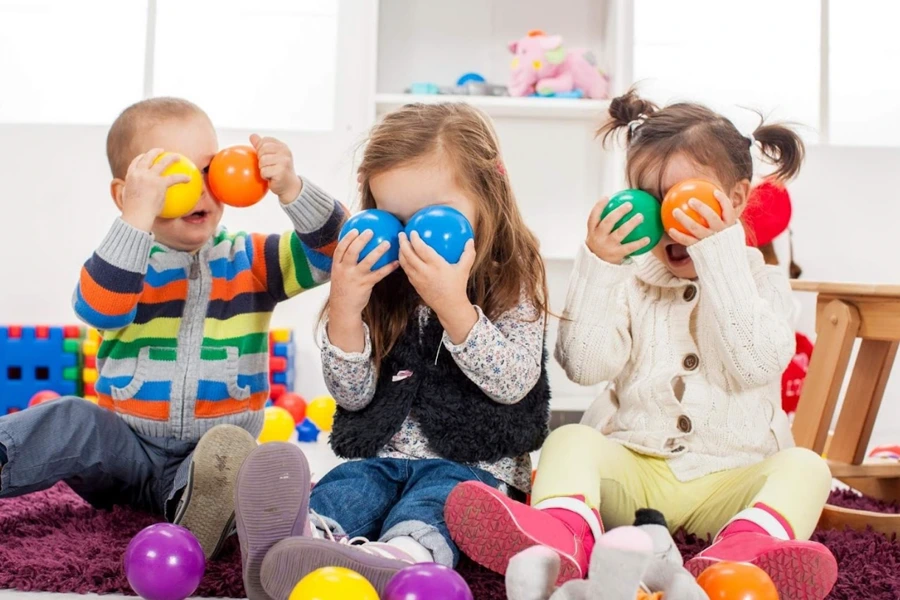
Building Better Bonds: How Learning Through Play Can Help
Perhaps most importantly, playtime offers a wonderful way to forge parent-child relationships.
My “5 Pillars of Positive Parenting” encourage parents to interact with their children through touch, talk, sing, smile, and play.
Playing puts parents and children on neutral ground where expectations are relaxed. Playing also helps parents and children de-stress and share meaningful time together.
A quick trip to the park or to an indoor play center creates a wonderful memory for both parent and child.
How To Encourage Learning Through Play
Even as adults, our world tends to revolve around what has to get done and the distractions that technology brings into our lives.
Screen time, even for children, has started to become a major distraction — becoming a substitution for active playtime.
So, as parents, and educators, how can we encourage learning through play?
Here are a few tips:
Play with your child.
By showing interest in what your child is doing — asking questions, commenting, and playing right alongside your child — helps keep your child engaged. It teaches them how to use their imagination, encourages curiosity, and how to play with others.
Turn off technology.
I am not against technology for children. In fact, I think it compliments a child’s education nicely, but if used too often, it can have negative impacts.
Limit your child’s (and your own) screen time each day. Learning through play keeps children’s’ brains stimulated.
Invest in some playmats, sensory toys, or age-appropriate workbooks that make playing with your child fun and beneficial.
Get outside.
Outdoor play is critical to the health and success of our children. Not only does it improve their ability to socialize, but it also encourages physical activity, and helps them gain important life skills.
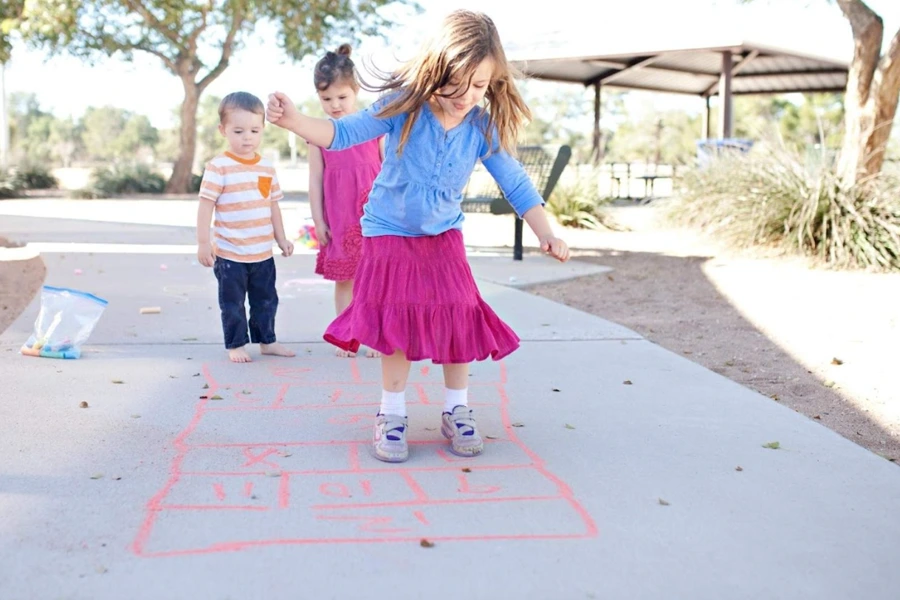
Whether educationally, physically, socially, or emotionally, playing greatly benefits children’s lives. It is important that families — no matter how busy their schedules are, to make time for their children to connect with others and enjoy each other through play.

